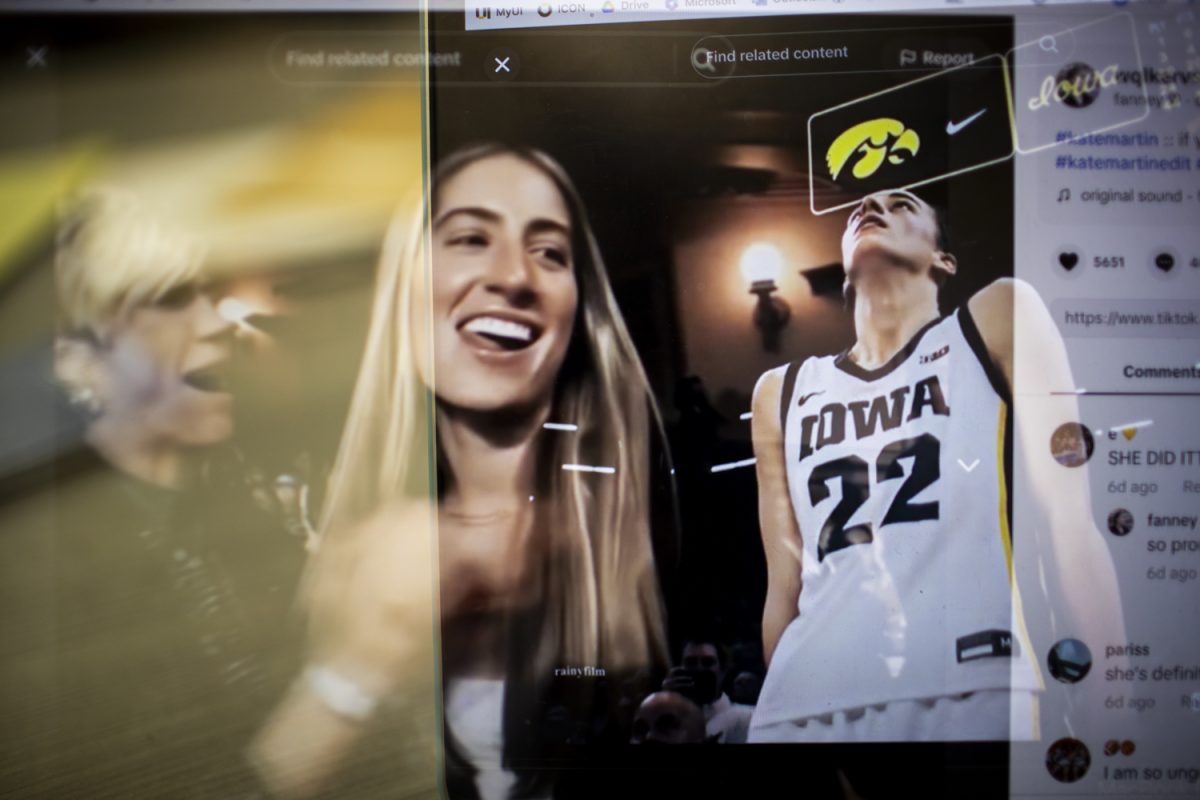The University of Iowa international-student population is less pleased with domestic student interactions than those with faculty, a recent survey found.
Officials hosted “Enlarging the View: The International Student Experience at Iowa” Wednesday afternoon, in which faculty gave presentations about ideas and efforts made to improve international-student life alongside a five-student panel sharing their experiences.
Wayne Jacobson, assessment coordinator for the Provosts’ Office, shared some results of a survey conducted over 2013 and 2014 to gauge the climate for international students at the UI.
The UI joined 15 other universities as part of the Student Experience in the Research University Consortium to conduct the survey, conducted individually.
It found international students “report high levels of satisfaction” with faculty, staff, and programs geared toward them, but “there is much greater variability in reported sense of belonging” with other students.
“It tells us the connection across students is not as strong, and there’s less satisfaction there,” Jacobson said. “It’s telling us that if we’re going to put a lot of effort in, it’s not necessarily to tell faculty how to do things differently because, on aggregate, it’s a very positive story.”
Survey results are still being drafted, and they will be more completed when presented at meetings beginning Oct. 14, but one statistic shared is 54 percent of international students interact with “almost all” or “mostly” other international students.
Jacobson emphasized the survey measures the overall situation, and individual experiences may vary.
Evelin Vides, a UI junior from Honduras, said she has witnessed and experienced prejudice from faculty members.
Another item shared from the survey demonstrated international and minority students are less likely to fully agree their ethnicity is respected on campus than white students.
“I think the university should teach the American students to better understand cultural diversity’s benefit and necessity so that it would make studying and living easier for both international students and American students,” an anonymous student was quoted as saying on the survey.
Vides also said the English-language barrier can make interactions difficult and frustrating.
Freshman Yi Plato Chen from Canada and China echoed Vides’ thoughts.
He said the university should better push the two groups to interact by hosting more dual events and more heavily encouraging students to participate.
“I think for me it’s actually completely fine because I can speak English like my first language,” Chen said. “[Some other internationals students] can’t really find a way to communicate with the native students, so they tend to group up. They’ll feel more connected to the professors, well, because they have to have a connection because they have to learn.”






